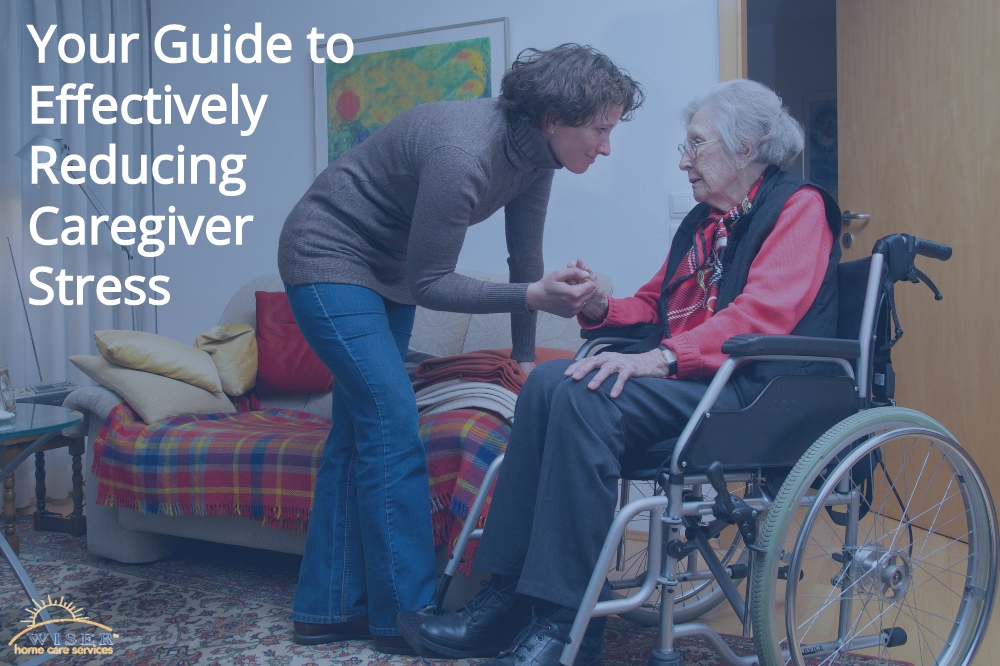Stress. We all experience it at some point in our lives or another. Between education, work, family responsibilities, and trying to have a social life, living in today’s go-go-go world can be stressful to say the least.
According to experts, stress is a completely normal part of life and in and of itself, it isn’t something to be worried about.
In fact, some stress, known as Eustress, can be good for you. This kind of stress is often short term, feels exciting, is motivating and helps improve performance. For example, some positive stressors in life could be buying a home, getting married, or being promoted at work.
However, there is a darker side to stress which is known as Distress. This type of stress should be worrisome and is often referred to as a “silent killer”.
While there are some jobs that are traditionally more stressful than others, stress experts suggest that the amount of stress in our lives is highly dependent on the following individual factors:
- Our physical health
- Quality of interpersonal relationships
- Number of commitments and responsibilities we have
- The degree of other’s dependence on oneself
- External expectations on oneself
- The amount of support we receive
- Traumatic events that have recently occurred
Considering that list, you may not be surprised to learn that caregivers are particularly vulnerable and prone to suffering distress.
In fact, some studies have found that as many as 88% of family caregivers report feeling stress or anxiety due to caregiving.
Still not convinced stress is a serious problem. Consider these two facts:
- Caregivers who provide care for family members with dementia have been found to have decreased immune system efficiency for up to 3 years afterwards. This causes them to have an increased risk of developing a chronic illness themselves.
- Under extreme stress conditions, family caregivers have been shown to age prematurely. This level of stress can take as much as 10 years off the caregiver’s life.
So, how do we fix it and help people lower their stress? That’s the exact question that led the
Stress Management Society to establish National Stress Awareness Month in 1993. During this month-long awareness campaign that takes place annually in April, healthcare professionals and stress management experts across the nation join forces to raise awareness of stress, its side effects and how to manage it in our lives.
In order to do our part, we compiled our top tips to help caregivers manage and lower the amount of stress they experience. If you’re a caregiver, keep reading, these tips could ultimately save your life.
Know the Warning Signs
Catching stress before it gets out of control is important. Here are some of the warning signs you should look for: anxiety, depression, irritability, chronic fatigue, aggravated health problems, overreacting, resentment, and feelings of hopelessness.
Make a List and Set Goals
As caregivers, we juggle a lot of responsibilities and that can get stressful. Taking a break and writing down all of the things you need to do is cathartic and can help ease the stress. Once you finish the list, rank the tasks by priority then work on them a little each day.
Exercise
We like to say, “sweat away the stress”. Exercising kills two birds with one stone, not only will it help you stay healthy, the endorphins you get from your workout will help stave off the stress.
Join a Support Group
Feeling alone while trying to care for a loved one is extremely stressful and can lead to depression. We recommend joining a support group so you can connect with others who understand your situation.
Take Time for Yourself
When you take care of a loved one it can be difficult to find time for yourself. And often when you do, you feel guilty for it. That is normal. We are here to tell you that it’s ok and completely necessary to take time for yourself. Go to a movie, grab dinner with a friend, hit the gym, or find a quiet place with your favorite book.
Meditate
You don’t need to hire a guru to find Zen. All you need to do is find a comfortable, quiet place, and practice deep breathing exercises to find inner peace and stress relief.
Watch a Comedy
The phrase “laughter is the best medicine” isn’t a gimmick. Laughing really does help. Just like exercise, having a good laugh goes a long way in reducing stress.
Stay Hydrated
Did you know that being dehydrated can increase your stress? When you are dehydrated by as little as a few cups, your cortisol (a stress hormone) levels increase. Experts say men should drink 13 cups a day and women should drink 9 cups.
Wiser Home Care Services Can Help
If you still find yourself having a difficult time dealing with caregiver stress or finding time for yourself, we can help. Wiser Home Care Services offers Respite Care Services that provides support for family caregivers.
At Wiser Home Care Services, we know it is important to you to have great care for your loved one. We can help you do that. Our respite caregivers can be there overnight so you can sleep, or just a few hours so you can have some personal time or run errands.
Setting up respite care is easy. Simply call or email us and we can setup an appointment to establish a care plan to personally accommodate your loved one’s needs and help you relieve your caregiver stress.

